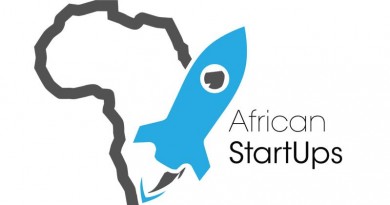Mobile Money Operators Surge With N46.6tn In 2023
This surge in mobile money operators transactions and electronic payments in Nigeria reflects the growing adoption and reliance on digital financial services in the country. The significant increase in both the value and volume of mobile money transactions indicates a shift towards a cashless economy, as more Nigerians embrace the convenience and accessibility of mobile money services.
The rise in electronic payments, particularly instant payments, demonstrates the increasing preference for quick and seamless transactions. With a total value of N600.36 trillion, instant payments have become the preferred method for transferring funds, making payments, and conducting financial transactions in Nigeria.
The growth in Point of Sales (PoS) transactions also highlights the increasing acceptance and usage of card payments in the country. As more businesses and merchants adopt PoS terminals, consumers have greater opportunities to make cashless payments, further driving the shift towards a digital economy.
The data also reveals the significant role played by mobile devices in facilitating electronic transactions. With a volume of 9.67 billion transactions, mobile payments have become a dominant channel for conducting financial transactions in Nigeria. This trend is likely to continue as mobile penetration and smartphone adoption rates increase in the country.
The data also indicates that the COVID-19 pandemic may have played a role in accelerating the adoption of electronic payments. With cash scarcity and the need for contactless transactions, more Nigerians turned to electronic channels to meet their financial needs. This trend is likely to persist even after the pandemic, as consumers have become accustomed to the convenience and safety of digital payments.
Mobile money operators
Overall, the data released by the NIBSS highlights the rapid growth and transformation of Nigeria’s financial landscape. As mobile money and electronic payments continue to gain traction, the country is poised to become a leader in digital financial services in Africa. This shift towards a cashless economy not only offers convenience and efficiency but also has the potential to drive financial inclusion and economic growth in Nigeria.
In 2023, electronic transactions in Nigeria fluctuated significantly. In January, Nigerians spent N38.9 trillion, which decreased to N36.8 trillion in February. However, in March, the value surged to N48.3 trillion due to cash scarcity.
In April, the value reached N41.3 trillion, while in May, it stood at N45.9 trillion. June saw a slight decline to N45.3 trillion. July witnessed a significant increase to N47.4 trillion, and August and September saw further increases to N50.9 trillion and N51 trillion, respectively. October and November recorded values of N59 trillion and N63.6 trillion, respectively. Finally, in December, the highest value of N71.9 trillion was achieved, concluding the year on a remarkable note.




